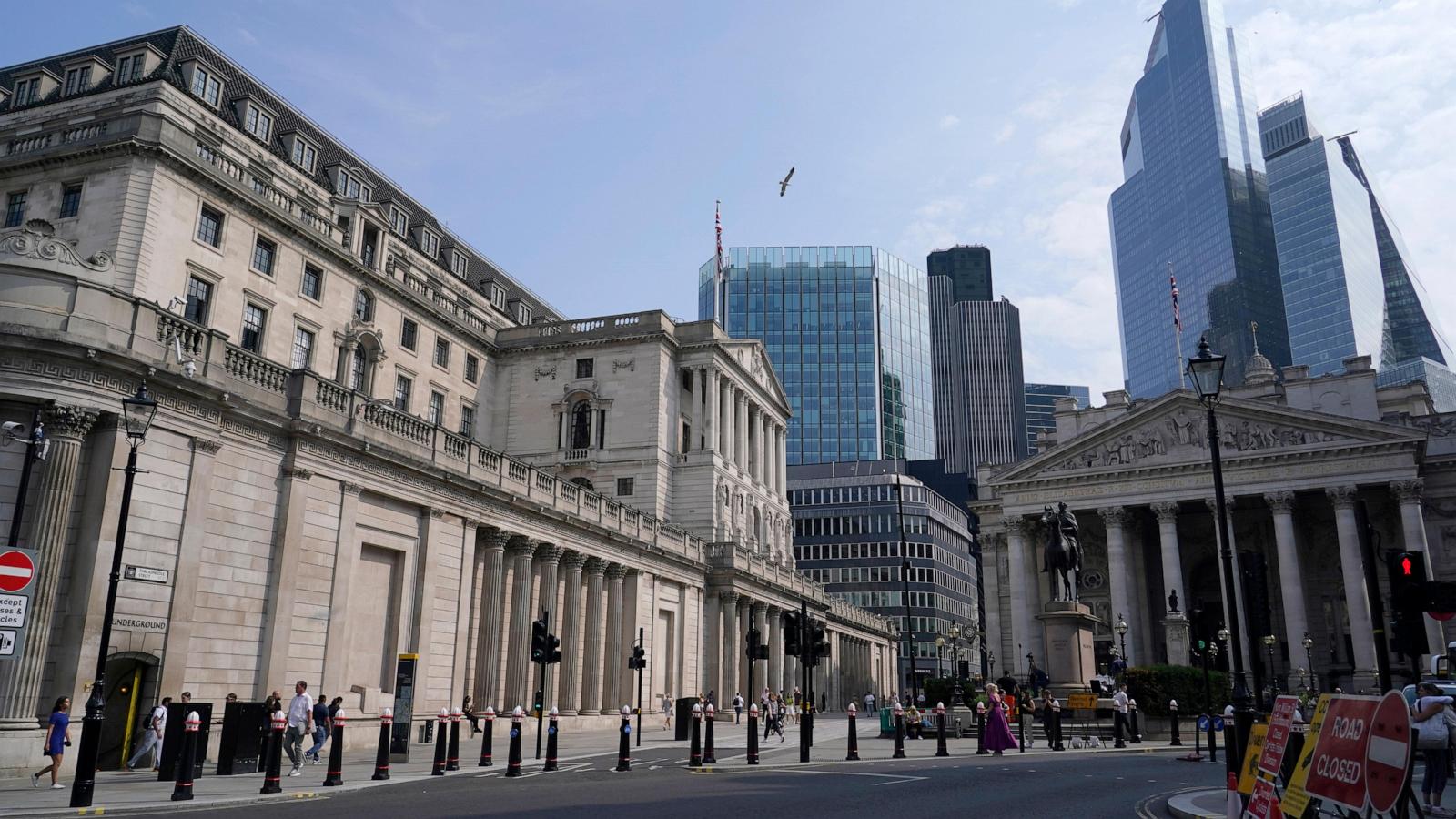Inflation in the U.K. Unexpectedly Falls: Will the Bank of England Cut Interest Rates?
The United Kingdom experienced an unexpected drop in inflation in December, leaving many wondering if the Bank of England will slash interest rates again. This surprising downturn has sent ripples through the financial markets and sparked intense speculation about the future of the British economy.
Inflation's Unexpected Plunge
The Office for National Statistics announced that the UK's inflation rate, as measured by the Consumer Price Index (CPI), dipped to 2.5% in December. This marked a significant decrease from the 2.6% recorded in November. Economists were completely shocked, as they had predicted no change in the annual inflation rate. The primary factor behind this unexpected fall? Easing pressure in the services sector – the economic backbone of the UK, comprising a staggering 80% of the nation's GDP. This dramatic shift has sent economists scrambling for explanations and policymakers reevaluating their monetary strategies.
The Impact of Lower Service Costs
The reduction in service costs is a major story, and there are many factors impacting it including government policies, market forces and global events. What does this truly mean for the average Brit? Could it lead to a boost in spending power and overall economic confidence? And how might it affect companies and the workers employed by those companies, large and small?
Looking Beyond the Numbers
While the lower-than-expected inflation is welcome news, it's crucial to consider the broader context. The Bank of England still has a 2% inflation target and must find the balance between stabilizing prices and potentially boosting the economy via further monetary easing.
What the Experts Say and what could Happen
Although inflation has declined, it still surpasses the Bank of England's 2% target. This leaves the central bank in a tight spot. Will they cut the base interest rate, currently at 4.75%? A rate reduction has many proponents and might indeed provide needed relief for volatile government bond markets, a concern intensified by recent record-high interest charges.
The Dilemma Facing the Central Bank
What's the likely move by the Bank of England? Is a decrease in interest rates a near certainty at their next meeting? There's speculation it might do just that, hoping it could calm nerves in the market. However, they have an inflation target to think about. Any rate decrease might hinder their ability to meet the target, placing their performance in an unwelcome spotlight.
Predicting Future Market Behaviour
Interest rate behavior and effects on market trends are tricky business for prediction. Inflation numbers are still greater than the Bank's target. However, given that most economists think that interest rates aren't going to plummet to their 2008 lows, perhaps we should expect rate cuts and expect higher, more normal levels in future interest rates.
Inflation's Rollercoaster Ride: A Historical Perspective
Looking back, current inflation levels are drastically improved compared to those from just a couple of years ago. The reasons for such improvement have to do with the aggressive actions of central banks that, at the time, massively increased borrowing costs. Initially prompted by supply-chain issues and then worsened by the conflict in Ukraine which spiked energy costs, prices skyrocketed. Central banks' decisive action stemmed the inflationary tide, and in fact inflation has now begun falling significantly. This brings its own sets of complications and risks and provides yet another challenge for central bankers to address.
What to Expect in the Future
The next few months are very likely to be uncertain ones. As markets react, central bank policies have their effects. Inflation numbers themselves have changed in dramatic and unpredictable ways already. Given the recent history, the outlook should be cautiously optimistic, but still quite uncertain.
Take Away Points
- UK inflation fell unexpectedly in December, creating opportunities and worries.
- Easing pressure in the services sector is a primary factor for this unexpected development.
- The Bank of England now faces a challenging choice in balancing price stability and economic growth.
- Government bond market volatility adds another layer of complication and demands careful considerations in rate choices.
- The reduction in service-sector price pressure presents both opportunities for consumers and potential risks that may negatively affect businesses dependent on service pricing.




